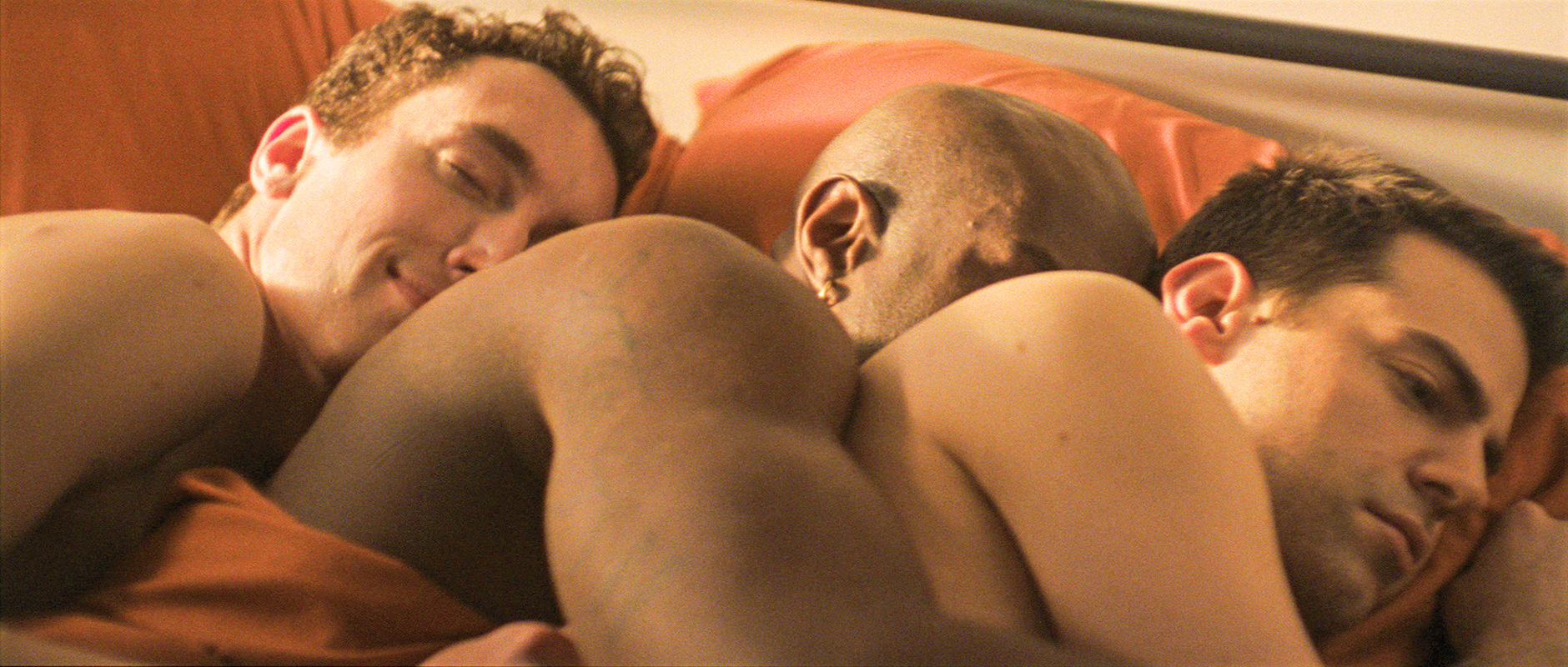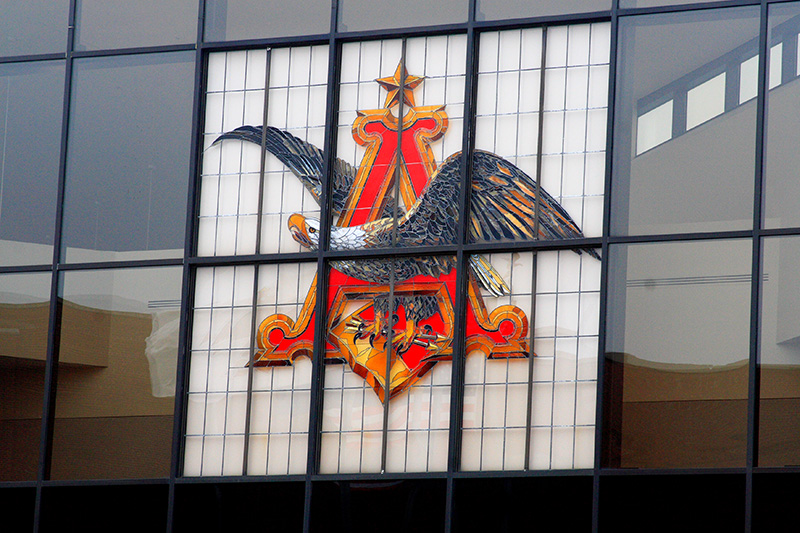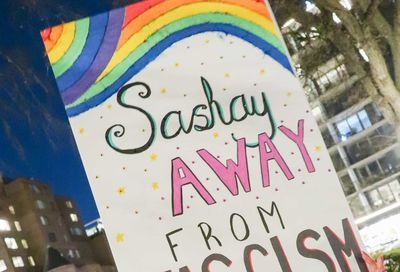Man Faces Death Penalty for Violating Uganda’s Anti-Gay Law
A 20-year-old has been charged with "aggravated homosexuality" after being arrested for allegedly engaging in sex with a 41-year-old.


A man in Uganda could face the death penalty after becoming the first person in the country to be charged with “aggravated homosexuality” under the country’s Anti-Homosexuality Act.
According to Amnesty International — which is protesting the man’s prosecution — the 20-year-old was arrested along with a 41-year-old man after the two were allegedly found half-naked around midnight on August 15 at the Soroti Sports Ground in the eastern part of the country.
Initially, both men were going to be charged with engaging in sexual relations with a person of the same sex.
The charge carries a penalty of 10 years in prison for attempting to engage in same-sex conduct and life imprisonment for those found guilty of engaging in same-sex conduct.
However, the 41-year-old, who is reportedly “disabled” — a claim for which no evidence was provided — was released because he could not provide consent due to his “mental status.”
As a result, the 20-year-old was charged with “aggravated homosexuality,” which the law defines as instances in which a person engages in same-sex relations while living with HIV, or with a partner who can either not legally consent or has been coerced or seduced into sex.
Such offenses are punishable by death under the law, which was signed into effect by President Yoweri Museveni in May.
Critics had previously argued that the way the bill was crafted would lead one party in consensual sex acts to betray their former sexual partner to avoid prosecution, which the 20-year-old’s lawyers believe may have occurred in this case.
Police also reportedly subjected the 41-year-old to an anal examination, an outdated procedure often used in countries that criminalize homosexuality to “prove” (based on faulty science) whether a person has engaged in anal sex previously.
While at least 67 countries worldwide have laws criminalizing homosexuality, Uganda’s anti-homosexuality law is considered one of the harshest anti-LGBTQ laws in the world. The law’s passage has drawn criticism from LGBTQ advocates and Western countries, and even prompted the World Bank to freeze all new loans to Uganda in response to the law’s passage.
The 20-year-old defendant appeared in court in mid-August, Jacquelyn Okui, a state prosecutor spokesperson, told the AFP news agency. Okui told Reuters that the man will remain in custody until his case is heard by Uganda’s High Court, given that he’s charged with a capital offense.
If found guilty, he could be the first person executed in the country since the death penalty was last carried out in 2005, reports BBC News.
The defendant’s lawyer, Justine Balya, who serves as a director at the Human Rights Awareness and Promotion Forum, told The New York Times that the Anti-Homosexuality Act’s passage has intimidated LGBTQ Ugandans and led to increased violence and abuse against individuals suspected of being LGBTQ.
According to Balya, 53 people have been evicted from rental properties due to their real or perceived sexual orientation or gender identity, 47 have faced violence or threats of violence, and 17 have been arrested on charges related to their sexual orientation or gender identity.
Balya told Reuters she believes the entire Anti-Homosexuality Act is unconstitutional. The law has been challenged in the courts, but judges have not yet taken up the case. She said that four other people have officially been charged under the new law, but that her client is the first to face a charge of aggravated homosexuality.
Human rights advocates have denounced the prosecution of Balya’s client, arguing that the law under which he’s charged — and the penalty to which he’d be subjected if found guilty — violates basic human rights and international law.
“It is deeply disturbing that the Ugandan authorities are prosecuting people based on their real or perceived sexual orientation or gender identity,” Tigere Chagutah, Amnesty International’s Regional Director for East and Southern Africa, said in a statement. “Discrimination and persecution of lesbian, gay, bisexual, transgender and intersex people in the country must be halted.”
Support Metro Weekly’s Journalism
These are challenging times for news organizations. And yet it’s crucial we stay active and provide vital resources and information to both our local readers and the world. So won’t you please take a moment and consider supporting Metro Weekly with a membership? For as little as $5 a month, you can help ensure Metro Weekly magazine and MetroWeekly.com remain free, viable resources as we provide the best, most diverse, culturally-resonant LGBTQ coverage in both the D.C. region and around the world. Memberships come with exclusive perks and discounts, your own personal digital delivery of each week’s magazine (and an archive), access to our Member's Lounge when it launches this fall, and exclusive members-only items like Metro Weekly Membership Mugs and Tote Bags! Check out all our membership levels here and please join us today!






















You must be logged in to post a comment.